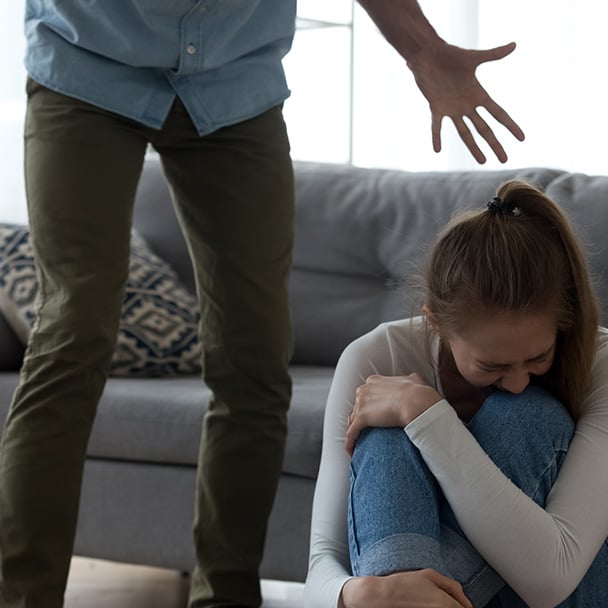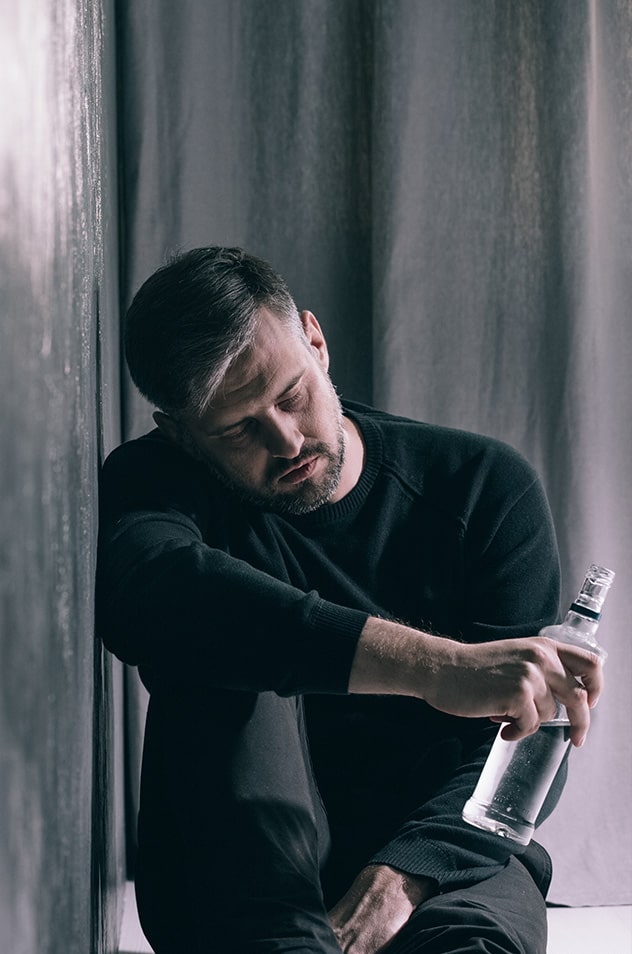DEALING WITH DEPRESSION AND ADDICTION
Depression is one of the most common forms of mental illness in the United States, and its role in the development of addiction cannot be overstated. Depression affects more than 15 million American adults and about eight million children over a 12-month period. For those with a substance use disorder, the risk is even higher. People with drug abuse or dependence are about twice as likely as the general population to have a mood disorder such as depression. Depression can either be the cause or effect of a drug or alcohol abuse issue. It’s imperative that those living with depression, whether it’s related to addiction or not, seek proper treatment from an experienced and qualified mental health professional.

The journey to and from depression is complex and delicate. Each person develops addiction through their own unique set of circumstances. Whether it’s the result of something acute or ongoing, it’s imperative that sufferers address the root causes of this problem and get the help they need to overcome them. Some of the more common origins of depression can include:
- Physical or Emotional Abuse
- Reaction to Medications
- Conflict with Loved Ones
- Death of a Loved One
- Family History
- Serious or Terminal Illness
- Substance Abuse
- Traumatic Events Like an Accident or Natural Disaster
When an individual is suffering from simultaneous substance use disorder and depression, they are experiencing what is called a dual-diagnosis disorder and should receive treatment for both conditions in equal measure. Recovery Unplugged offers quality and compassionate treatment for co-occurring disorders. We’re ready to help you bounce back.






While each person’s depression symptoms will vary according to their unique situation and level of depression, there are several universal signs that concerned loved ones can identify and, if need be, intervene. Although depression is widely characterized as a mental health issue, it can, and often does, manifest itself in physical ways. Some of the more common depression signs and symptoms include:
- Powerful Feelings of Melancholy
- Hopelessness and Pessimism
- Anxiety and Irritability
- Feelings of Worthlessness and Guilt
- Loss of Interest
- Fatigue and Low Energy
- Digestive Problems
- Thoughts of Suicide
- Weight Loss and Loss of Appetite
- Joint and Muscle Pain
If you or a loved one is experiencing these symptoms, get help immediately.